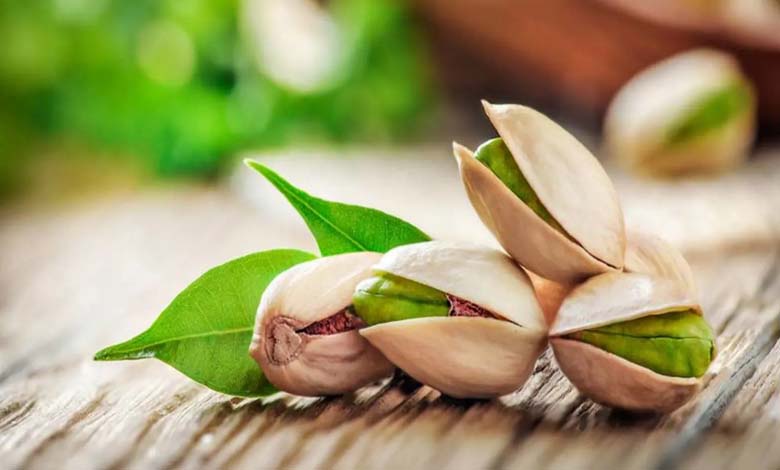Pistachios: An Exceptional Nutritional Treasure for Children

Pistachios, often enjoyed by adults as a convenient snack, are much more than just a tasty treat. For children, these tiny green nuts can serve as a powerful nutritional powerhouse when integrated carefully into their diets. Packed with essential nutrients that support both physical and cognitive development, pistachios can offer long-term health benefits and significantly contribute to a child’s overall growth and wellness.
High-Quality Plant Protein for Growth
Children experience rapid growth, and protein plays a vital role in building and repairing tissues, muscles, and supporting overall development. Pistachios provide approximately 20% plant-based protein, which is particularly beneficial for active kids. Regular consumption can help enhance muscle development, support energy levels, and promote faster recovery after physical activity.
Healthy Fats for Brain and Heart Function
Unlike saturated fats, the fats found in pistachios are mostly healthy unsaturated fats, including monounsaturated fats (omega-9) and small amounts of polyunsaturated fats (omega-3). These fats are essential for brain development, memory, and learning. They also support emotional regulation and mood stability in children, in addition to offering protective benefits for the cardiovascular system from an early age.
Rich in Essential Vitamins and Minerals
Pistachios are naturally loaded with important vitamins and minerals that are critical during childhood:
- Vitamin B6: Supports the production of neurotransmitters, which play a role in mood, attention, and sleep.
- Magnesium and potassium: Help regulate nerve impulses and muscle function, while maintaining healthy blood pressure.
- Phosphorus and calcium: Strengthen bones and teeth, which is essential during the growth phase.
- Iron: Boosts red blood cell production and prevents iron-deficiency anemia, a common concern among children.
-
Cherries: here’s how this fruit works!
-
Vegetables and Grains: Essential Natural Allies to Break Down Blood Clots and Lower Cholesterol
Digestive Health and Immunity Support
Pistachios are also a good source of dietary fiber, which promotes healthy digestion and can help prevent constipation—an issue frequently experienced by children. Furthermore, the fiber nourishes gut bacteria, contributing to a more robust immune system by maintaining gut microbiome balance, which is increasingly recognized as essential to overall health.
How to Serve Pistachios Safely to Children
Due to the risk of choking or nut allergies, it’s important to introduce pistachios in age-appropriate forms. For younger children, opt for finely ground pistachios, unsweetened pistachio butter, or incorporate them into yogurt, oatmeal, smoothies, or healthy homemade snacks. A portion of 10–15 grams two to three times per week is more than enough to deliver benefits without overdoing it.
-
Coconut Water or Coconut Milk — Which is Healthier for You?
-
Added sugars are more dangerous to the heart than cholesterol
Final Thoughts
Pistachios are far more than a crunchy indulgence—they are a smart, functional food that delivers real health advantages for growing children. With their impressive nutrient profile, they can be an excellent addition to a child’s diet when introduced wisely and in the right form. By starting healthy eating habits early, parents lay the groundwork for their children’s lifelong health and well-being.












